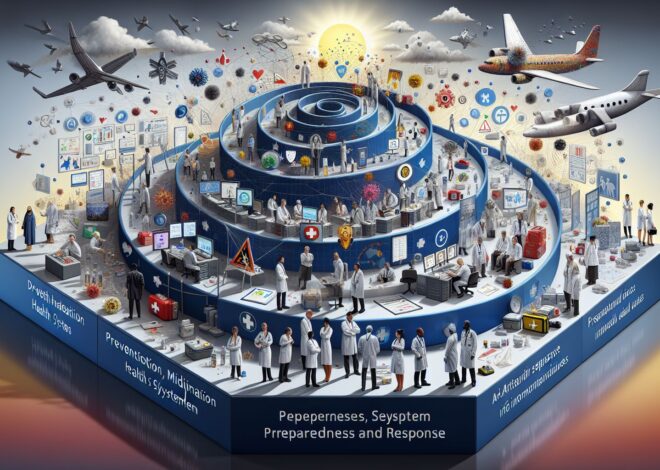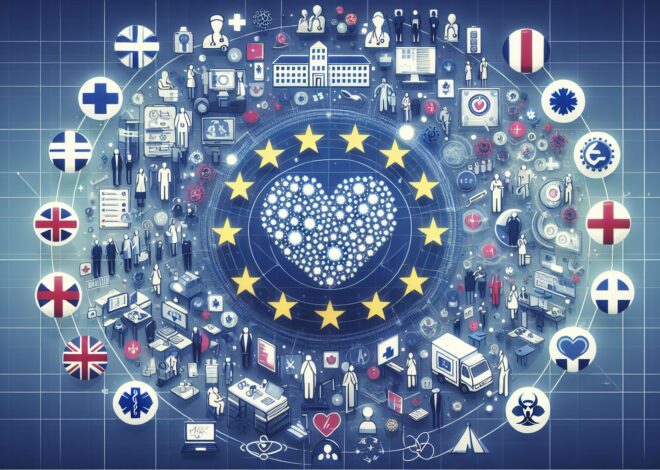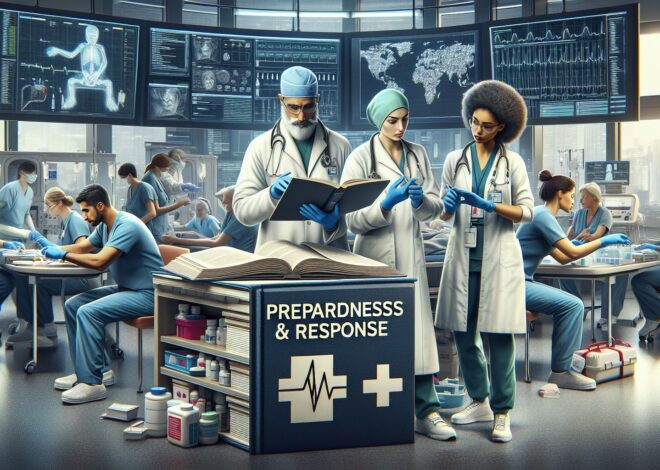
The Preparedness and Response of European Health Systems
As the world continues to grapple with the ongoing COVID-19 pandemic, the spotlight has been on the preparedness and response of healthcare systems across the globe. In particular, European health systems have faced unprecedented challenges in their efforts to mitigate the spread of the virus and provide care to those in need. In this article, we will delve into the various aspects of the preparedness and response of European health systems, addressing health professionals, policymakers, and concerned citizens.
Preparedness
Preparedness is key when it comes to dealing with public health crises such as the one we are currently facing. European health systems have made significant strides in terms of preparedness over the years, with many countries investing in pandemic preparedness plans and infrastructure. However, the scale and complexity of the COVID-19 pandemic have tested even the most well-prepared health systems.
One of the key aspects of preparedness is having a robust healthcare workforce in place. Health professionals play a crucial role in responding to public health emergencies, and European health systems have worked tirelessly to ensure that they have the necessary staff to deal with the current crisis. This has involved mobilizing healthcare workers from various specialties, repurposing staff from non-essential services, and even calling on retired healthcare professionals to return to work.
In addition to having a strong workforce, preparedness also involves having the necessary equipment and supplies to handle a surge in patients. European health systems have faced challenges in securing personal protective equipment (PPE), ventilators, and other essential supplies during the pandemic. This has led to calls for increased domestic production of medical supplies and greater cooperation at the European level to ensure equitable distribution.
Response
The response of European health systems to the COVID-19 pandemic has been nothing short of heroic. Health professionals have worked tirelessly on the front lines, risking their own health to care for those affected by the virus. Policymakers have implemented a range of measures to slow the spread of the virus, including lockdowns, social distancing guidelines, and travel restrictions.
One of the key challenges that European health systems have faced in their response to the pandemic is the strain on hospitals and healthcare facilities. The surge in patients needing critical care has overwhelmed many hospitals, leading to shortages of beds, staff, and equipment. In response, health systems have set up makeshift hospitals, expanded intensive care capacity, and collaborated with neighboring countries to share resources.
Another key aspect of the response has been the rollout of vaccination campaigns across Europe. While there have been challenges in terms of vaccine supply and distribution, European health systems have made significant progress in vaccinating their populations. This has been crucial in reducing the spread of the virus and preventing severe illness and death.
Conclusion
In conclusion, the preparedness and response of European health systems to the COVID-19 pandemic have been a mixed bag. While there have been challenges and shortcomings, there have also been moments of resilience, innovation, and solidarity. As we continue to navigate the uncertainties of the pandemic, it is imperative that health professionals, policymakers, and concerned citizens work together to strengthen Europe’s healthcare systems and ensure that they are better prepared for future public health emergencies.
By learning from the lessons of the past year and investing in healthcare infrastructure, workforce training, and international cooperation, European health systems can build a more resilient and sustainable healthcare system that is capable of responding effectively to whatever challenges lie ahead. It is only by working together that we can overcome the current crisis and emerge stronger on the other side.



